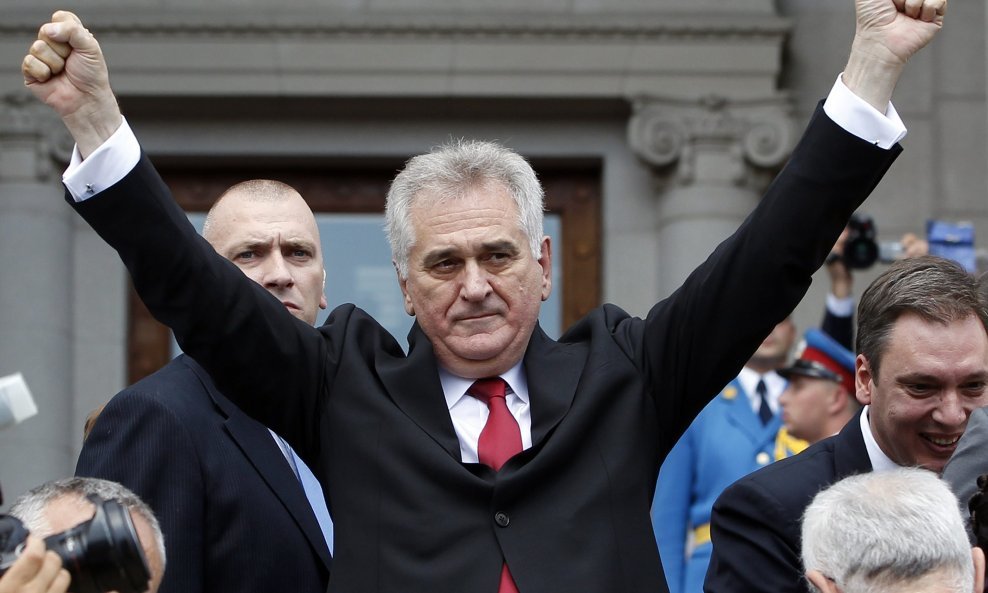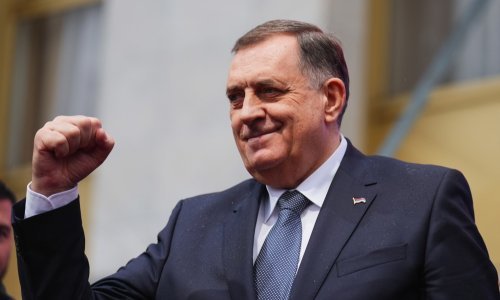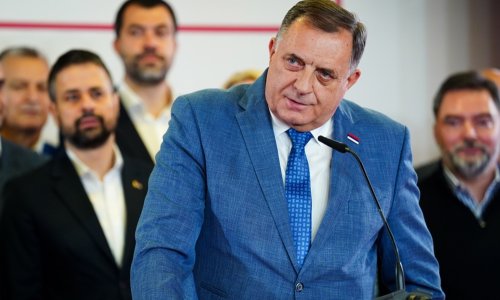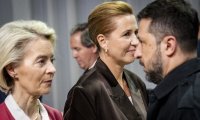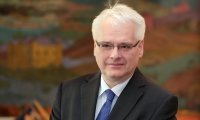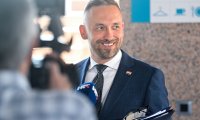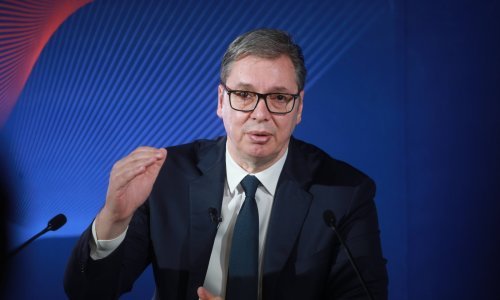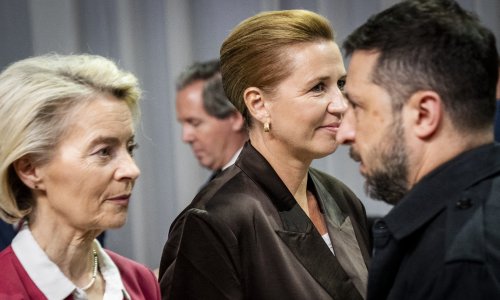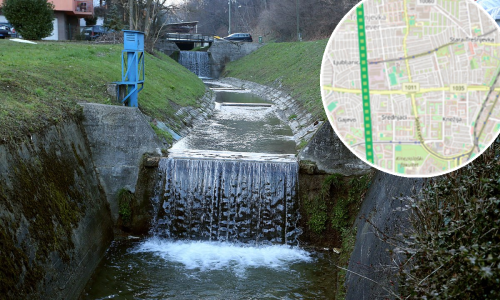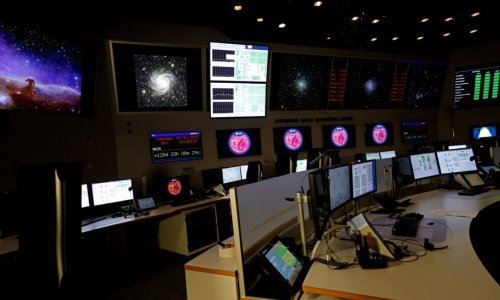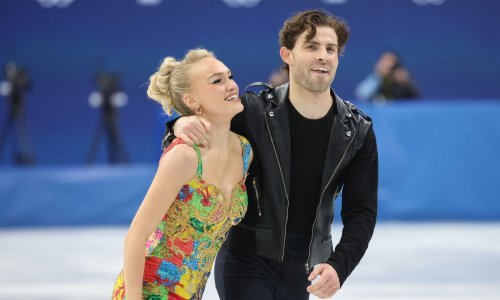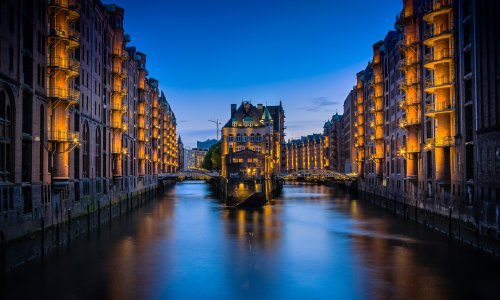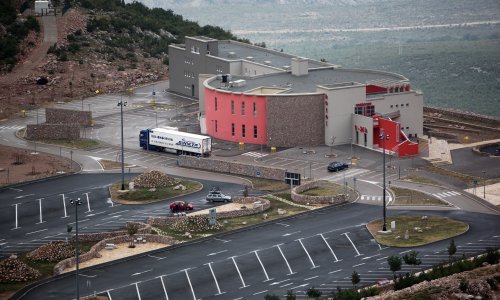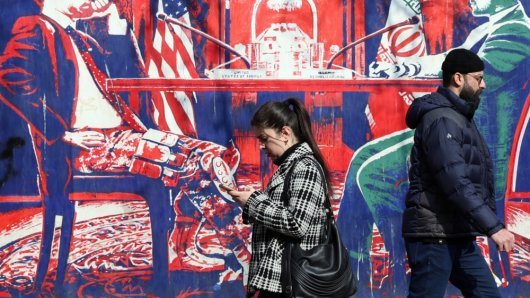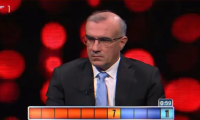Serbian President Tomislav Nikolic has apologised for war crimes committed in the name of Serbia and has asked for forgiveness for his country for its role in the Srebrenica massacre and said he will personally pay his respects to the victims of the Srebrenica massacre.
"I kneel and ask for a pardon for Serbia for the crimes committed in Srebrenica. I apologise for the crimes that were committed by members of our nation in the name of our state and our people," Nikolic said in an interview with the Bosnian public television broadcaster BHT, excerpts of which were carried by electronic media in Belgrade on Thursday quoting the Sarajevo news portal klix.ba.
Initially, BHT planned to air the interview on May 7, however, the interview was broadcast on Thursday evening.
Although the TV anchorwoman insisted that he should explicitly say whether he found it genocide given that over 8,000 Bosnian Muslim men and boys were killed in July 1995, Nikolic stopped short of naming Srebrenica atrocities in that way.
He only admitted that "everything that happened in the wars in the former Yugoslavia, has the characteristics of genocide."
The Serbian president said he did not deem as relevant the rulings made by the International Criminal Tribunal for the former Yugoslavia (ICTY) as "genocide should be proven".
Nikolic said that he regarded Serbs from the Republika Srpska entity of Bosnia and Herzegovina as Bosnians, even though some of them did not like to be called that. He was also quoted as saying that he would visit Srebrenica soon, but underscored that it would not be on 11 July when families of Srebrenica victims and the international community observe that day as Remembrance Day.
Nikolic met with Bosnian Presidency members Bakir Izetbegovic and Nebojsa Radmanovic in Belgrade on April 23 when they concluded that there should no longer be any disagreements or misunderstanding between them and that the two countries should be connected more closely so that tragic experiences from the 20th century would not be repeated.
Following the airing of the interview the Bosnian Serb leader Milorad Dodik criticised the BHT anchorwoman and insisted that the editorial policy of that broadcaster was pro-Bosniak.



